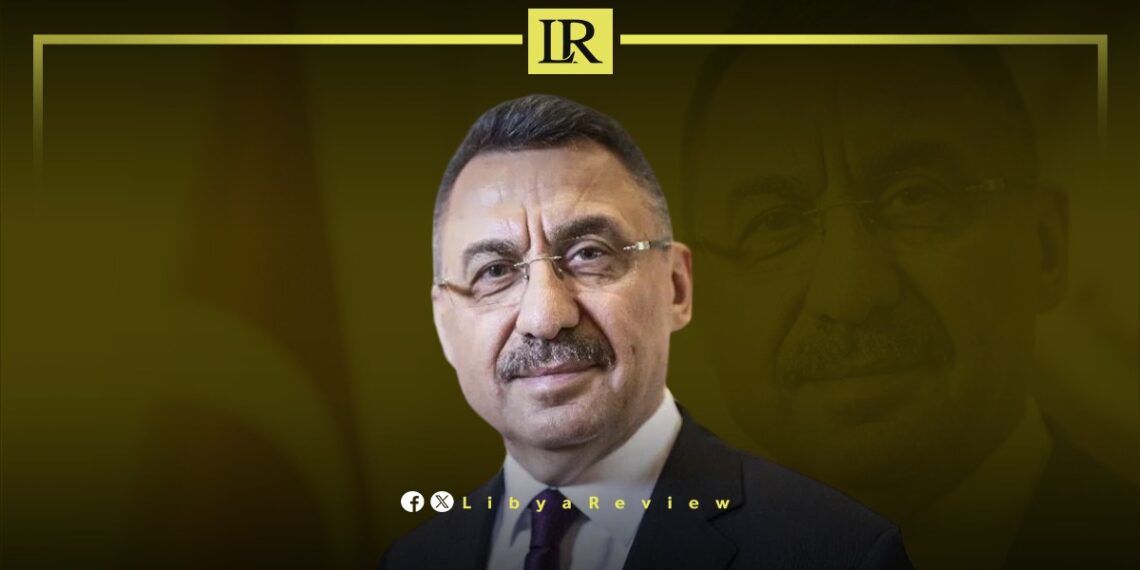On Thursday, the Turkish Parliament’s Foreign Affairs Commission emphasised Turkey’s dedication to Libya’s stability.
This affirmation comes amidst international scrutiny over Turkey’s military involvement in the region.
Fuat Oktay’s remarks were made during a meeting with Omar Al-Obaidi, the Second Deputy Head of Libya’s High Council of State (HCS) and Head of the Libyan-Turkish Friendship Committee. The meeting aimed to deepen bilateral relations and discuss the political landscape in Libya.
Despite his commitment, which Oktay reiterated, concerns persist regarding Turkey’s military footprint in western Libya.
This presence remains a point of contention, especially following the international call by the United Nations (UN) Security Council for the full implementation of the ceasefire agreement signed by Libya’s 5+5 Joint Military Committee (JMC) on October 23rd, 2020. The agreement stipulates the withdrawal of foreign forces and mercenaries from Libyan territory.
The discussions between Al-Obaidi and Oktay, held on Wednesday, delved into Libya’s political situation. It also looked at the role of the UN mission in the country, and efforts to thaw the political deadlock. Both parties explored avenues to unify Libya’s sovereign institutions and bring together Libyan factions for a national dialogue. They emphasised Libyan ownership of the peace process.
In a gesture of bilateral cooperation, the HCS announced Al-Obaidi’s commendation of Turkey’s efforts to open a consulate in Benghazi. This move aims to facilitate movement and trade between the two nations, enhancing service to citizens.
Furthermore, ongoing efforts to resume direct flights by Turkish Airlines to Libyan airports were discussed, aiming to connect Libyan and Turkish cities and potentially lift visa requirements between the two countries. Such measures are expected to ease travel and boost trade, reinforcing the ties between Turkey and Libya.
Turkey’s assertion of support for Libya’s stability is juxtaposed with its military engagement. It is raising questions about the balance between its declared commitments and actions on the ground.


